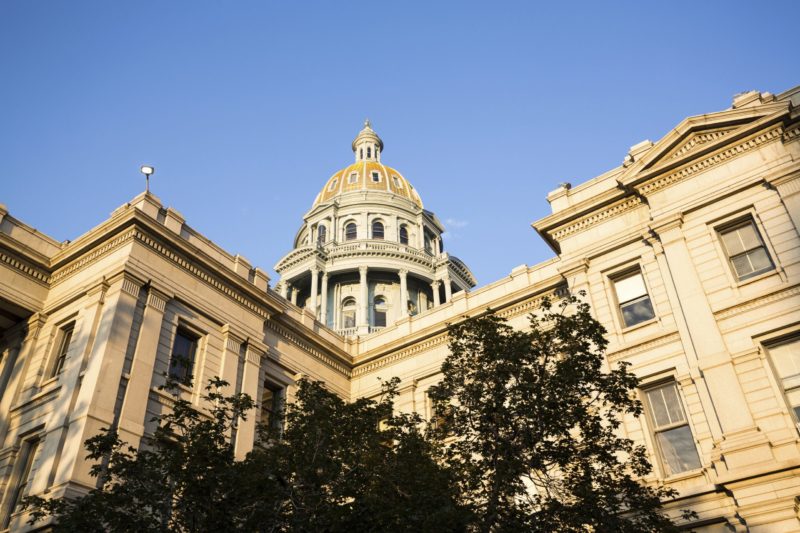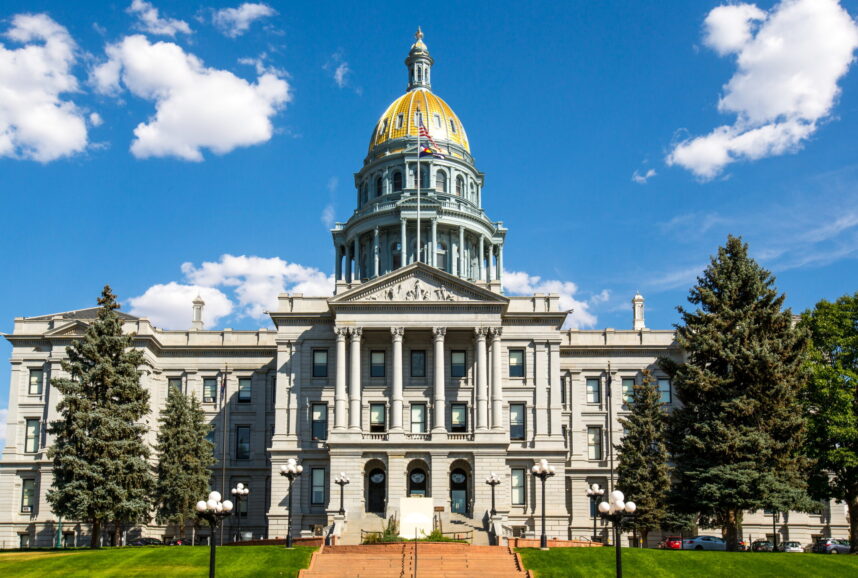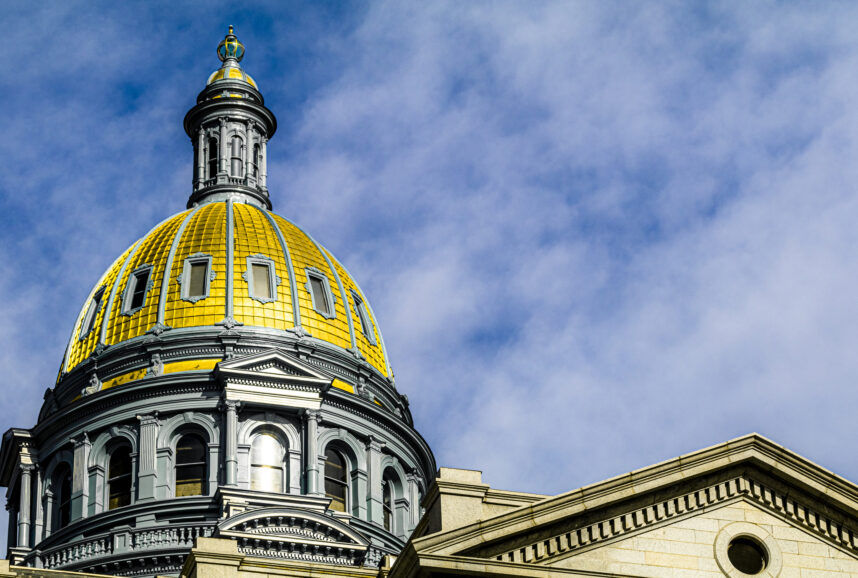Despite adjourning quietly late on Friday
afternoon on May 3, the 2019 legislative session will likely be remembered for a
number of bitter legislative battles and a bold agenda from the new leadership at
the State Capitol. Tensions rose quickly once the session started, and there
were numerous legislative hearings that stretched late into the night
throughout the 120-day session. Even though fewer bills were introduced
compared to last session, politics contributed to a backlog of bills in the
final weeks which threatened to derail a number of important issues.
A lower bill count shouldn’t discount the importance of the
2019 legislative session, as it was one of the most consequential in recent
memory. Lawmakers introduced nearly 600 bills that sought to address myriad
issues such as local control of oil and gas operations, rising health care costs,
climate change, free full-day kindergarten, and TABOR.
PERA Legislation
As previously reported, the
PERA Board of Trustees did not identify any legislative agenda items for
consideration this year. There were two bills that directly impacted PERA.
HB 19-1217, concerning the elimination of the 2 percent increase in the member contribution rate to the public employees’ retirement association for members in the Local Government Division, was introduced in early March and sent to the Governor in late April for signature. According to the bill’s sponsors, HB 19-1217 fulfills an agreement that was struck on SB 18-200 last year by eliminating a 2 percent increase in the member contribution rate for PERA members who work for employers in the Local Government Division. As passed, SB 18-200 included a 2 percent increase in the member contribution rate for PERA members in all divisions. Speaker of the House K.C. Becker, along with Senators Court and Tate, were sponsors of both bills. The PERA Board held the position included in their original recommendation to the General Assembly presented in late 2017 that included increases in employee contributions across all divisions.
HB 19-1270, sponsored by Representatives Sirota and Hansen, sought to require the Board to take certain actions in connection with climate-related financial risks to the various trust funds managed by PERA. It was postponed indefinitely in its first committee hearing. The bill would have required the PERA Board to retain a third-party organization to conduct a study that would include a comprehensive analysis of climate-related financial risk to PERA’s portfolio, a summary of climate-related financial risk engagement activities that have been undertaken, and a description of additional actions that should be taken based on the study’s recommendations. The PERA Board directed staff to continue to work with the bill sponsors and members of the General Assembly to provide further education on PERA’s investment process related to risk.
Labor
and Employment Legislation
Some of the more contentious issues of the session dealt with
several labor and employment bills that were introduced in previous sessions
but failed to garner enough support to pass. Legislation prohibiting employers
from asking about an applicant’s criminal history on an initial application (HB 19-1025),
allowing local governments to raise the minimum wage beyond the State’s (HB 19-1210),
studying the creation and implementation of a state-run paid family leave
program (SB 19-188), and
changes to ensure equal pay for equal work (SB 19-085), have
all been sent to the Governor for signature. As previously reported in
PERA on the Issues, SB 19-173 has also
been sent to the Governor. This piece of legislation requires the State
Treasurer to oversee an analysis of four options to fix Colorado’s retirement
crisis and to come back to the Legislature in February 2020 with a recommended
plan for implementation.
The Second Regular Session of the 72nd General
Assembly is scheduled to convene on January 8, 2020. Stay tuned to PERA on the
Issues for updates throughout the interim.
Trust fundA fund in which money and/or other assets are held and managed by trustees on behalf of plan participants. PERA maintains trust funds for each of its Defined Benefit Plan divisions (State, Local Government, School, Denver Public Schools, and Judicial).Postponed indefinitelyA motion that halts all further consideration of a bill. In practice, this means the bill has failed.





you fail to clearly indicate whether these bills were passed or not
Thank you, my wife and I both read it. What was the decision people on HB 19-1217
John,
Governor Polis signed HB 19-1217 into law on May 20. The bill had a safety clause and therefore took effect upon signature.
PERA does not need to be held hostage by climate related financial risk. PERA’s sole goal should be to invest member funds with the highest return on investment using proven means. Experimental, high risk solar and wind investments and carbon schemes should be avoided because of their reliance on highly leveraged government subsidies which can disappear quickly.
Agree.
What about investment in coal which is destined to die a second death and bankrupt multiple company’s at tax payer expense, Subsidies are short term in a sustainable industry, true. Coal is doomed.Not trying to start an argument just trying to raise some understanding about what the bill is about on certain fronts. It’s trying to stop members money from going to dead horse investment that just benefits brokers. That I’m sure we don’t want to see. I understand it might be hard to pick and choose.
Can you clarify.. regarding the underfunded PERA fund liability… isn’t $5 billion of that amount the responsibility of the state for not meeting their obligation? What I find disturbing is that the state can miraculously find $ for full day kindergarten /preschool FREE from money in the state coffer Why didn’t PERA lobby that our funds before handing out free kindergarten /day care?
Dear Ms. Finn,
Senate Bill 18-200 contained a provision for an annual payment of $225 million from the State of Colorado. This amount will be used to offset the unfunded liabilities of the plan. You can read more about the direct distribution here: https://www.peraontheissues.com/index.php/2018/05/17/direct-distribution-of-225-million-helps-return-pera-to-full-funding/
If PERA continues to invest in big oil, our fund will be worthless in the future when renewables replace the polluting industries.